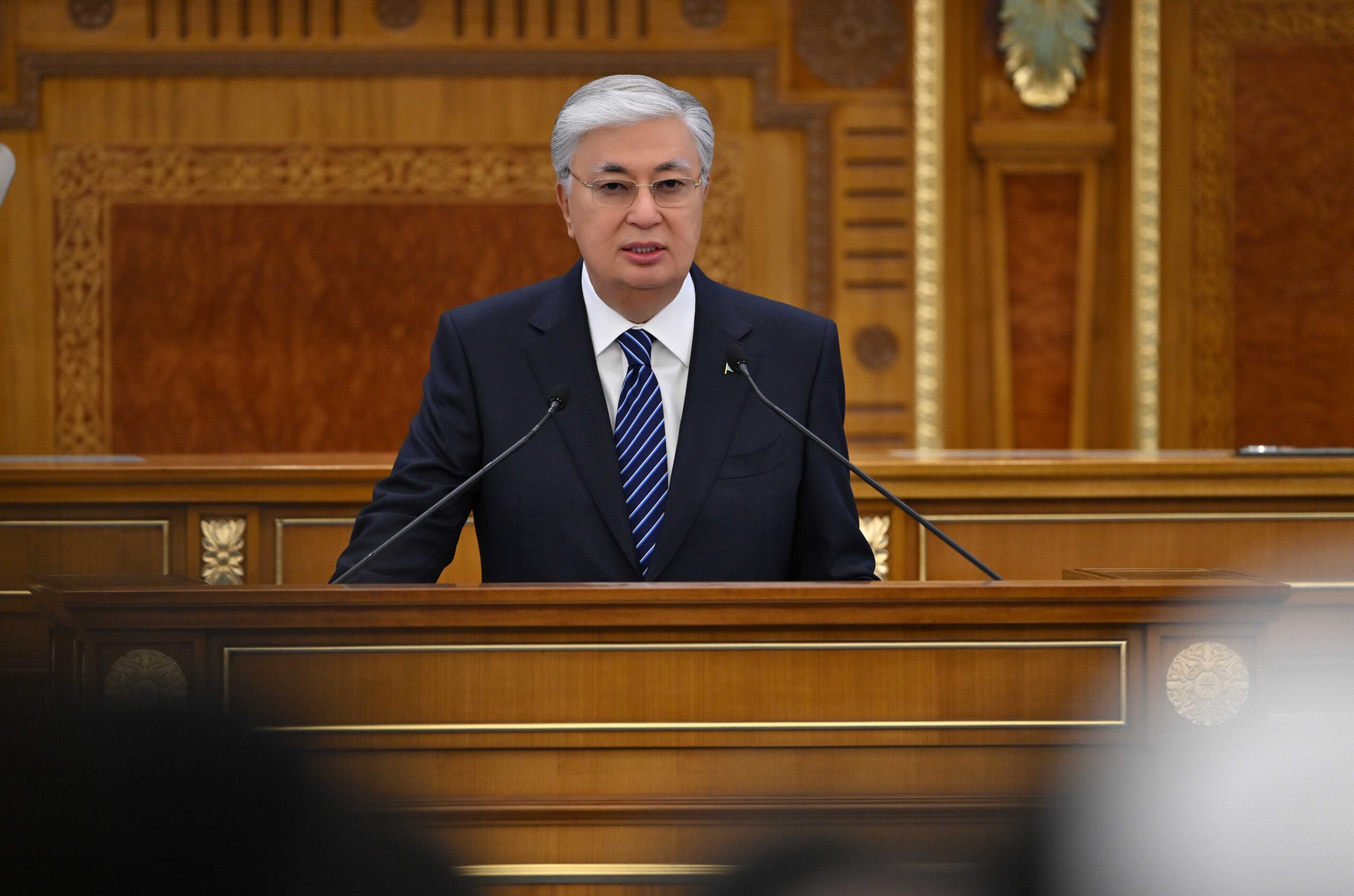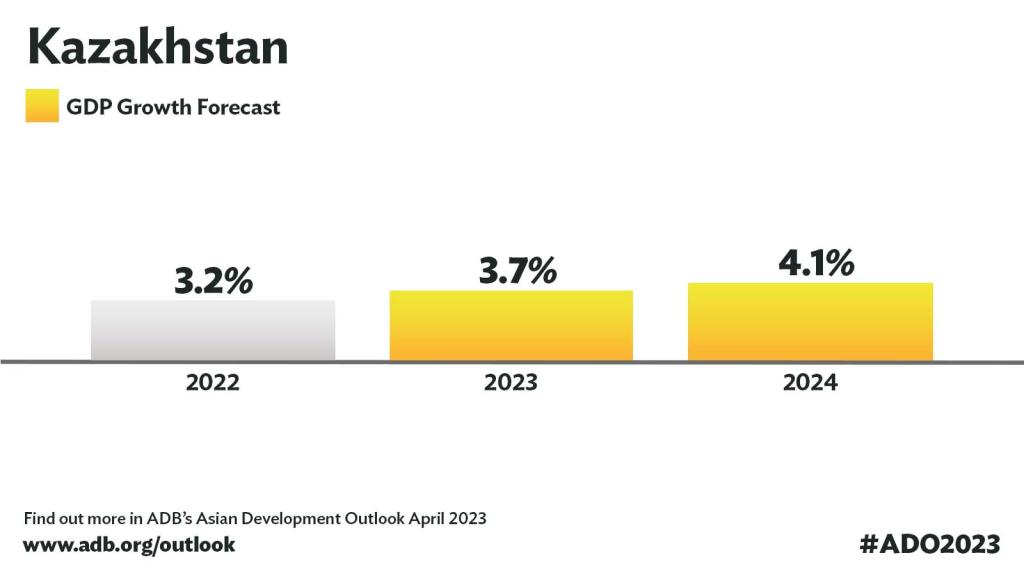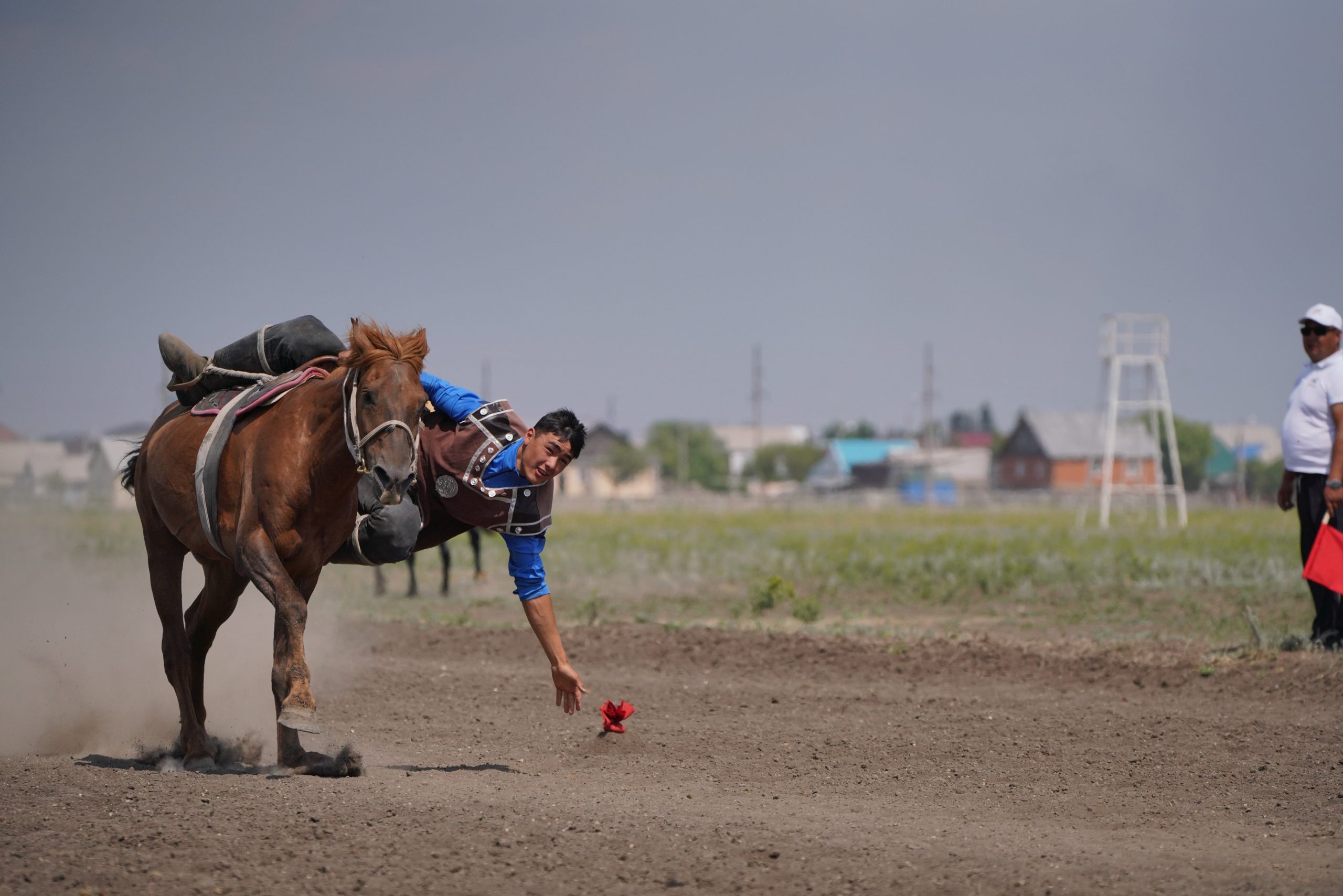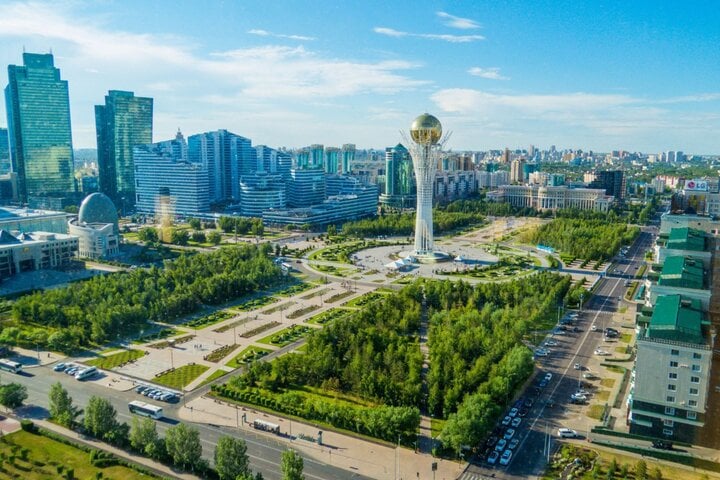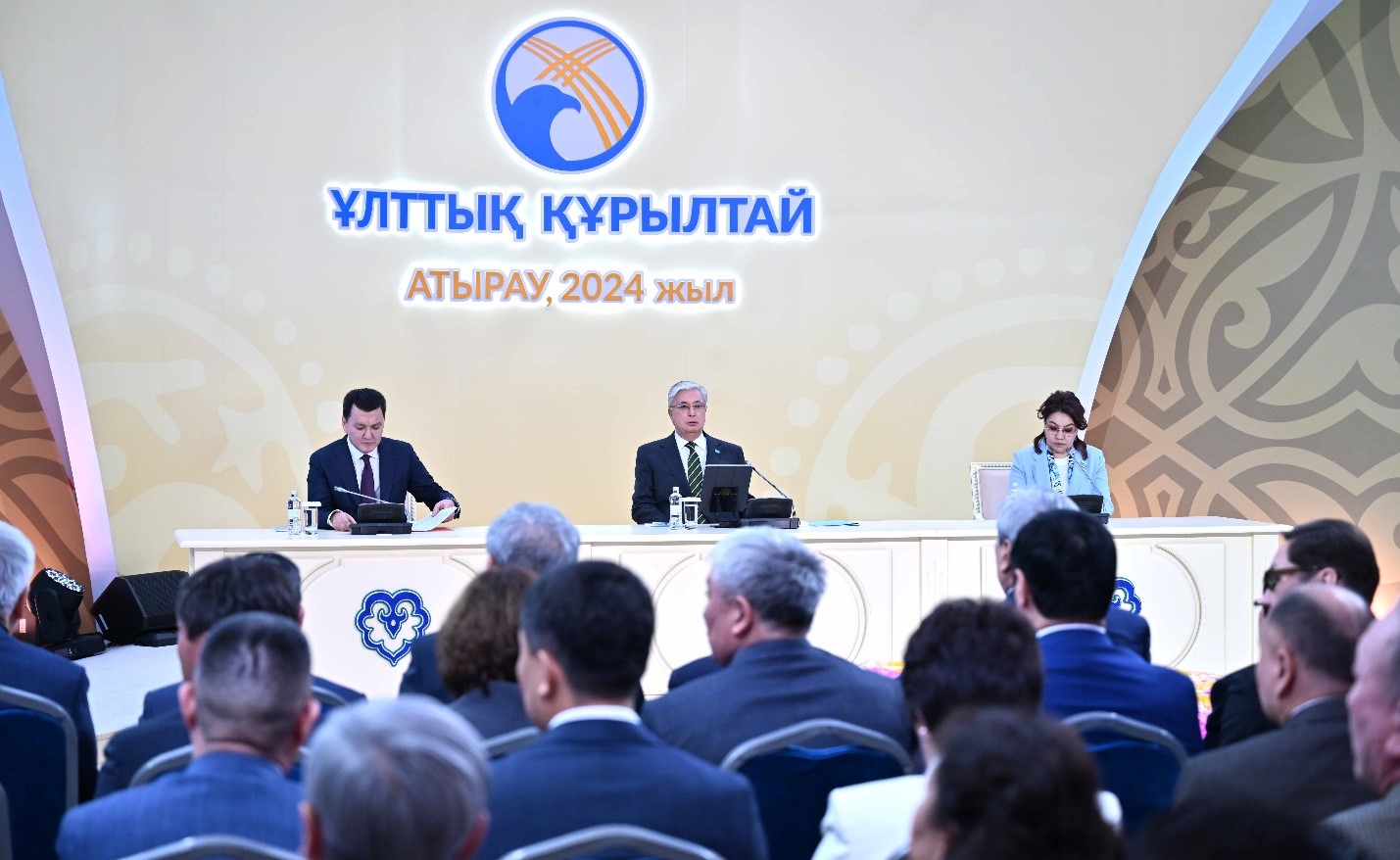Human rights protection mechanism
20/06/2024
In addition to initiatives in the field of democratic development, Kazakhstan is actively implementing reforms to protect human rights and strengthen the law:
- December 8, 2023, President K.K. Tokayev signed the Decree approving the Action Plan to promote the protection of human rights and the rule of law. There have previously been a series of important steps regarding this matter, including the promulgation of seven legal documents to address issues such as domestic violence, labor safety and the establishment of Regional Parliamentary inspection agencies on children’s rights. An important part of the Action Plan includes cooperation with the United Nations and the OSCE in implementing the measures.
- The Office of the High Commissioner for Human Rights has been constitutionally recognized and is operating in the country. According to constitutional law, the Ombudsman has the right to appeal to the President, the Houses of Parliament and the Government and submit proposals to improve laws and law enforcement practices related to human rights.
- The establishment of regional offices of the High Commissioner for Human Rights of Kazakhstan has increased opportunities for access to means of legal protection.
- The Office of the Parliamentary Ombudsman has provided a lot of support, including protecting rights during the transfer of matters related to ensuring the rights of convicted persons from the Ministry of Home Affairs to the Ministry of Health.
- Kazakhstan has also appointed an Ombudsman for the Protection of Children’s Rights and an Ombudsman for the Rights of Socially Vulnerable Populations. The country has ratified international protocols on the rights of children and people with disabilities.
- The Constitutional Court has been re-established as the most important mechanism for protecting rights and freedoms that can be directly invoked by the citizens of Kazakhstan. The Constitutional Court is the highest constitutional control body, ensuring the supremacy of the Constitution. The decisions of the Constitutional Court are final; Even the President cannot amend those decisions, including those related to citizens’ constitutional rights.
- Since the Court was established in 2023 (as of March 28, 2024), it has received more than 5,300 petitions from citizens. This shows people’s growing interest in participating in governance through the Constitutional Court.
- In 2023, the Constitutional Court issued 39 legal documents. Of these, 24 legal documents were recognized as consistent with the Constitution, while 8 documents were deemed inappropriate, especially regarding the right to legal protection, access to public services, and non-discrimination behavior.
- In 2023, the Constitutional Court advised more than 750 citizens.
II. Human rights and rule of law:
- According to the newly passed Protest Law, instead of requiring a permit, citizens only need to notify. After this law was passed, the number of peaceful protests in Kazakhstan increased significantly.
- Kazakhstan has abolished the death penalty and transferred civil functions from the Ministry of Internal Affairs to the Ministry of Health to ensure the protection of the right to health care for convicted persons.
- The list of occupations that prohibit women from working is abolished. Kazakhstan also adopted the National Action Plan under United Nations Security Council Resolution 1325 on Women, Peace and Security.
- Criminal liability for acts of torture has been strengthened, national torture prevention mechanisms have been strengthened and a legal definition of torture and ill-treatment has been introduced into law France.
- Administrative and criminal liability for domestic violence has been significantly strengthened. The possibility of reconciliation between the parties in such cases has been legally eliminated.
- In February 2024, the Mazhilis, the House of Representatives of Kazakhstan, adopted amendments to the law aimed at ensuring the safety of women and children and preventing crimes against them. These amendments introduce criminal liability for sexual harassment of children under 16 years of age. Proposed changes include measures to ensure child safety and protection, including opening family support centers in each region, deploying mobile teams to identify families early have difficult life circumstances, established 111 contact centers to provide psychological and other types of support, as well as develop support programs for minors suffering from violence, bullying and intimidation.
- The National Assembly is considering a Law on Media, aimed at creating a safe digital space. Proposed changes include shortening the review period for media requests, moving to grant funding, establishing a defamation complaint deadline, clarifying the rights of journalists and simplify the issuance of press cards.
- The Social Code was passed. This document aims to comprehensively support vulnerable citizen groups. A special allowance is approved for people working in working conditions that are dangerous to life and health.
- On October 2, 2023, the law “On public supervision” was passed to strengthen public supervision of state and semi-public organizations, allowing citizens and public organizations to independent oversight through public discussion, expert review and oversight. In addition, the law also provides for online petitions that will take effect from April 1, 2024, allowing citizens to participate in discussions on draft legal documents and receive information, as well as communicating with the government on important issues.
Content provided by the Embassy of Kazakhstan in Vietnam
Editor: Dr. Le Trung Kien – Chairman of IBC
